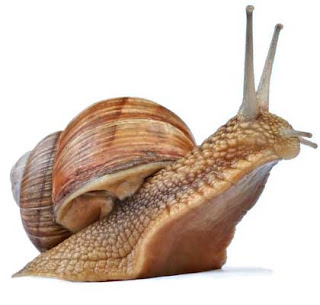A man who turned a small, struggling island nation to a thriving Metropolis
This is about a man whom is not from my beloved country but is my idol when it comes to leadership. YES! he ruled with an iron fist but look where he brought Singapore to now? This is a man who cried when Singapore separated from Malaya and went on its own into economical jungle.
SUMMARY (http://100leaders.org/lee-kuan-yew)
As the founding father of the independent city-state of Singapore, Lee Kuan Yew transformed a third-world economy to one of the strongest in the world. He served as prime minister from 1959 to 1990, and his uninterrupted reign facilitated fulfillment of his vision. From the beginning, Lee recognized that Singapore needed a strong economy in order to survive as an independent country, and he launched a program to industrialize Singapore and transform it into a major exporter of finished goods. Within 30 years, Lee fulfilled his goal of industrializing, urbanizing, and educating his country.
BIOGRAPHY
Born into a wealthy Chinese family, Lee Kuan Yew attended law school at Cambridge in Britain, and afterward he returned to Singapore to practice law.
SUMMARY (http://100leaders.org/lee-kuan-yew)
As the founding father of the independent city-state of Singapore, Lee Kuan Yew transformed a third-world economy to one of the strongest in the world. He served as prime minister from 1959 to 1990, and his uninterrupted reign facilitated fulfillment of his vision. From the beginning, Lee recognized that Singapore needed a strong economy in order to survive as an independent country, and he launched a program to industrialize Singapore and transform it into a major exporter of finished goods. Within 30 years, Lee fulfilled his goal of industrializing, urbanizing, and educating his country.
BIOGRAPHY
Born into a wealthy Chinese family, Lee Kuan Yew attended law school at Cambridge in Britain, and afterward he returned to Singapore to practice law.
As an advocate of independence, Lee formed the People’s Action Party (PAP), traveled to London, and eventually helped negotiate Singapore’s independence from Great Britain. After Lee’s party won the first election in 1959, Lee assumed the office of Prime Minister, a position he held until 1990, in part because the main opposition party boycotted elections for years.
Realizing that political autonomy depended on economic survival, Lee focused on building a strong, industrialized, export-oriented economy. Due to Singapore’s lack of natural resources, Lee faced challenges in his quest to lead Singapore to economic greatness. He began by encouraging foreign investment and expecting the people of Singapore to embrace austerity. However, he also instituted programs to ensure that the working class benefitted. The nation’s sacrifices yielded results; by 1980 the citizens of Singapore had the second highest per capita income in Asia, second only to Japan.
Lee credited Singapore’s success to the cultural traits of the Singaporean people: hard work, thriftiness, and strong family values, along with a solid education system and Singapore’s open intellectual climate. Lee advocated for orderly society. He spoke out against the guns, drugs, and improper public behavior present in the United States, and he drew criticism for promoting corporal punishment for seemingly minor offenses, such as graffiti.
Ultimately, Lee’s vision came to fruition. Some would assert that the Singaporean people sacrificed democracy for economic prosperity by submitting to Lee’s authoritarian leadership. However, Lee Kuan Yew’s model has become an inspiration for nations throughout Asia and beyond, and after retirement, Lee has actively consulted with other Asian leaders concerning how to invigorate their own economies and passed away because of severe pneumonia at 91. In a week of national mourning, 1.7 million residents and guests paid tribute to him at his lying-in-state at Parliament House and at community tribute sites around the island. Lee Kwan Yew Interview








Comments
Post a Comment